The charity race that is helping our military heroes
Remembrance Sunday is an important day in the year, especially for those who serve, or have served in the British Armed Forces. But it’s also an incredibly difficult day, as the Commonwealth commemorates those who sadly never returned home. Difficult enough that many veterans choose not to engage for fear of disturbing chronic psychological scars.
It’s tough, because these are people who have experienced true horror in service of our country. They have earned our support, and yet many of them are left to fend for themselves without the help they so desperately need. That’s where initiatives like Mission Motorsport come in, an Armed Forces charity that offers a lifeline to thousands of wounded, injured or sick military veterans.

Reintegration into civilian society is often the most difficult part of a veteran’s service. It’s impossible to imagine the impact of returning to what we consider to be ‘normality’, and for many that is when it’s easiest to fall by the wayside. It’s the work of charities like Mission Motorsport to help veterans with this process, to assist them with finding work and acclimatising to life away from the Forces, and the Race of Remembrance is the crux of the project.
Ahead of this year’s race, we spent a day with the Mission Motorsport team during one of its track day events at Thruxton, and spoke to one of the founding masterminds of the charity, James Cameron, to find out more about why this initiative is so important. He himself served in Afghanistan, and after returning to the UK he took it upon himself to influence a philosophical change in the way veterans are supported.
“We saw a number of examples where people were doing things, often driven by great philanthropic intent, but actually causing more harm than good,” he told us, referring to the kind of schemes that would offer veterans the opportunity to have a ride in a supercar on a race track.
“For the [person] who’s in the wrong headspace, you’ve just shown [them] what [they] can’t have. You've used something really powerful, but you've not enriched [them] the long-term.
“You're not helping them recover. You're not just setting back the recovery, you're potentially setting back the extent to which they can recover."
And that’s a problem, because these are people who need measured and carefully administered support, which meant the early phases of Mission Motorsport’s work were about “being everybody's dad and telling them what not to do and how not to do fun.”
Simultaneously, Cameron was busy developing relationships with the automotive and motorsport industries, with a plan to create an environment where people could reap real benefits.
The idea for the Race of Remembrance was formed when Cameron got in touch with the circuit manager of the Anglesey Circuit, who also happened to be ex-military, and managed to organise two days of track time over Remembrance Weekend.
It was initially set to be a track day experience, but it didn’t take long for ambitions to grow, and plans for a race were set in motion. “It was a ridiculous idea,” is Cameron’s honest evaluation, and yet with “two and a half employees and a whole bunch of volunteers,” the Race of Remembrance was born.
The 2024 edition of the event marked the race’s tenth running, but underneath the façade of hosting a race that military veterans could take part in, the Race of Remembrance is more than just cars on a track. Beneath the adrenaline and competition is a very real and very effective form of psychological support.
The Mission Motorsport message is very much about the extraordinary potential that exists in [veterans], and what can we do in order to unlock it?
James Cameron, CEO and Founder, Mission Motorsport
“The thing we really do is run a remembrance service in the pit lane. And we do it in a way that brings people into it who would avoid those emotions, that formality, the religious bit.
“It’s all about looking after people's mental health and to look after a community of people who are not necessarily that religious, but that doesn't reduce our duty of care to them.”
Mission Motorsport has introduced a new philosophy for an Armed Forces charity. It’s the ultimate example of how motorsport can be used to help people, organised by people like James Cameron who are best placed to understand what’s needed, and most importantly how to encourage veterans to engage.
“If we're honest with them and we go ‘look we want you to come to an old World War II airbase where we're going to put you together with a load of people that you didn't serve with, you don't know, you probably won't like, and then we're going to have you doing some menial mechanical task that might be really irrelevant or completely beneath you. We’re all going to have a group hug and talk about PTSD,’ it would be deserted. No one would come to that.
“But if you ask them, who wants to come to Silverstone to learn to drift with Jenson Button? Who wants to get taken around in a Koenigsegg by Jodie Kidd? You’re managing the queue. On that simple perception you get them there and you can do amazing things with them.”
And it’s working. The efforts of this small charity are changing the lives of thousands of people who might otherwise have fallen by the wayside.
“It's wonderful when you say to someone ‘bring your beret, bring your medals’ and they’re like ‘I haven’t got them anymore, I got rid of them.’ People whose sense of belonging has been broken at some point along the way. And they’ll come to one of these, and when you see them the next year, lo and behold they’ve found the beret and they’ve found the medals."
“We invest so much in those who serve the nation, for The Crown, and if we allow those people to be underemployed, or unemployed, or under a bridge, or a suicide statistic, then we as a nation need to have a look at ourselves. All of our work is engaged in: ‘how do you help to uplift and help those individuals so that they can flourish?’
“The Mission Motorsport message is very much about the extraordinary potential that exists in these people, and what can we do in order to unlock it?”
The easiest answer is by running events like the Race of Remembrance. The event has grown exponentially over the past decade to become the largest motorsport event to take place at the Anglesey circuit, with a grid of 56 cars competing in a 12-hour endurance race.
Surrounded by various other fundraising exercises including the compulsory ‘Biathlon of Foolishness’, passenger rides and numerous family activities, the event brings hundreds of people together to take part in a poignant and meaningful weekend, where the overarching objective is to build communities and provide help to those who most need it.
race
modern
mission motorsport
Race of Remembrance

















